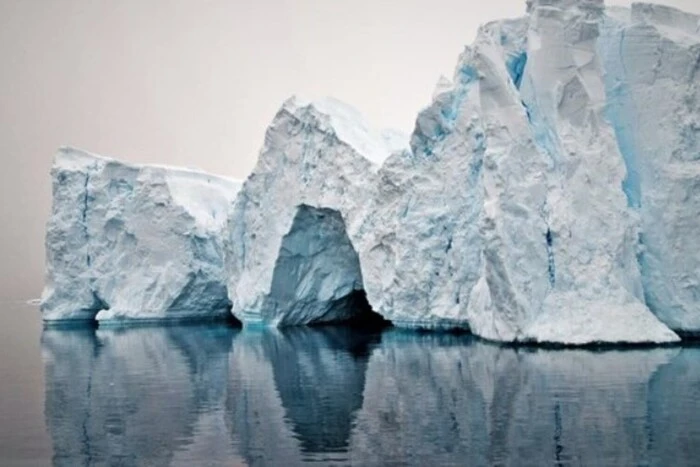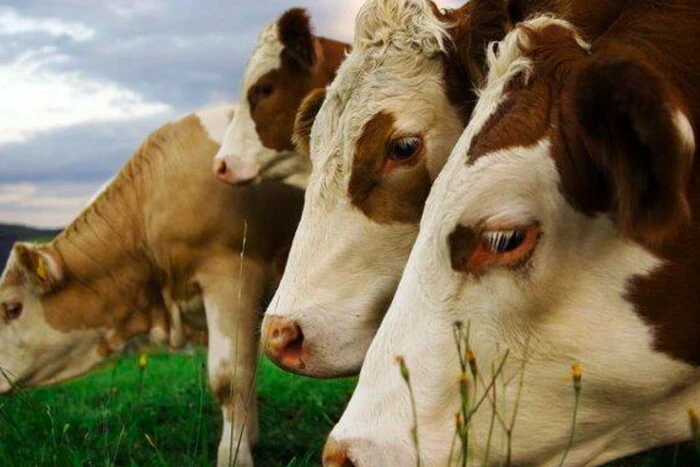The Earth's sea ice extent has reached a historic minimum.


Against the backdrop of warming air and water, as well as increasing storms, the sea ice extent has reached a historic minimum. According to the National Snow and Ice Data Center of the USA, as of February 16 this year, the sea ice extent in the Arctic and Antarctic has decreased to 15.86 million sq. km, which is less than two years ago.
This situation affects animals, especially penguins and polar bears, who rely on ice for breeding and hunting respectively. Additionally, the melting of ice leads to further warming of the planet and an increase in the number of catastrophes.
According to Copernicus, 2024 was the hottest year in 175 years, confirming the progressing global warming. There is a threat that Arctic sea ice could completely melt earlier than anticipated, possibly as soon as 2027, which is significantly earlier than the established timeline.
Read also
- In Turkey, a dangerous viral disease outbreak
- Lipetsk Region: It Became Known Which Factory Was Attacked by Drones
- Muslim Women in the U.S. Sue Over Forced Hijab Removal After Arrest
- A ferry with 65 people sank near Bali
- Ukrainians' parcels can be confiscated: how to avoid losing your desired goods
- The Head of the UOC MP Onufriy received an official document from Russia confirming his Russian passport










